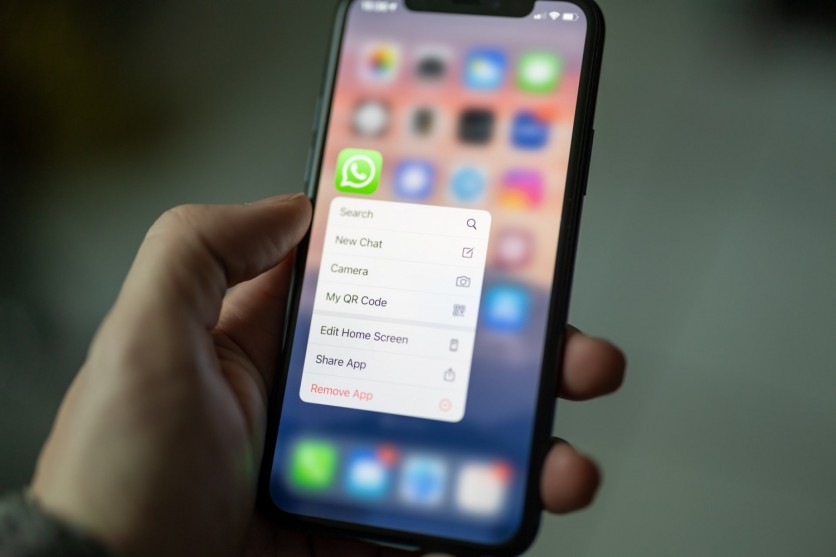WhatsApp could be in more trouble as users are warned of a message going around the app, spreading malicious software that could inject invasive ads on your device.

WhatsApp Malware Spreading
According to the Daily Express, the malware campaign is devised to help hackers earn money by spamming your device with ads and then hacking your phone into sending the same malicious message to people on your contacts, making it spread easily like wildfire.
Based on the report, it starts with a message, often coming from someone you know who typically have fallen for the scam.
The message would include a message that reads somewhat like "Download this app and win a Mobile Phone," which would tempt many WhatsApp users into actually opening the link
Once you click on the link, you will be redirected to a website that looks exactly like Google Play Store, then you will be prompted to install a software that looks similar to the Huawei Mobile app, and once you have it installed on your device, the app will be asking you to grant notification access.
The feature basically allows Android apps to read all of the notifications sent by the OS, but it's not something that would easily catch you off guard as there are legitimate Android apps that ask for such access upon installation.
Abusing Android's Quick Reply Feature
Unfortunately, the WhatsApp malware is designed to abuse the app's quick reply feature, which allows users to quickly respond to incoming texts from the notifications.
Basically, the malware would use the feature to spam everyone in your contacts list and sends them the same message that you fell for, often with the same message about winning an Android device--and since it came from you, someone on their contact list, they are more likely to trust the message and follow the link, making this malware more dangerous than usual.
Android WhatsApp Worm?
— Lukas Stefanko (@LukasStefanko) January 21, 2021
Malware spreads via victim's WhatsApp by automatically replying to any received WhatsApp message notification with a link to malicious Huawei Mobile app.
Message is sent only once per hour to the same contact.
It looks to be adware or subscription scam. https://t.co/NYbh2A9Y6M pic.twitter.com/2tFgLyG94O
"This malware spreads via victim's WhatsApp by automatically replying to any received WhatsApp message notification with a link to [a] malicious Huawei Mobile app. [The] message is sent only once per hour to the same contact," ESET security researcher Lukas Stefanko wrote on his official Twitter account, warning WhatsApp users of this new adware or subscription scam.
Stefanko said he believes this is the first malware of its kind to use Android's quick reply feature.
Possible Malware Update in the Coming Days
Apparently, the malicious software is smart enough to know not to send the same download link over again whenever it replies to a notification.
The quick reply feature is a common Android feature and is available on various other messaging apps, so it could be possible that the people behind the scam would update the malware, making it possible to worm through various other messaging apps.
To avoid installing the malware onto your device, make sure you don't click on the link and download the app, plus install a legitimate anti-virus app on your device from a trusted source to scan your smartphone.
WhatsApp had been under fire lately due to its privacy policy change, which caused its users to doubt how secure their data is.
Related Article : TikTok, WeChat, 'PUBG Mobile' Permanently Banned in India; Over 50 Other Chinese Apps Received Same Notice
This article is owned by Tech Times
Written by: Nhx Tingson
![Apple Watch Series 10 [GPS 42mm]](https://d.techtimes.com/en/full/453899/apple-watch-series-10-gps-42mm.jpg?w=184&h=103&f=9fb3c2ea2db928c663d1d2eadbcb3e52)



